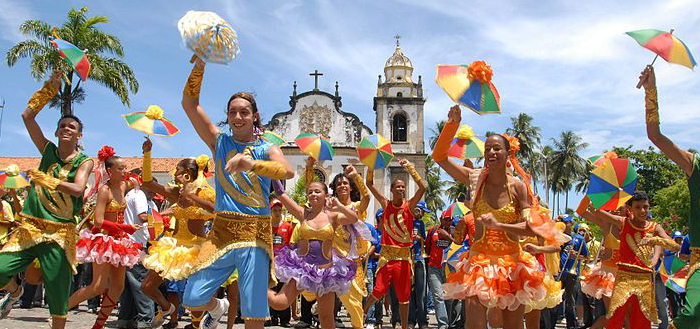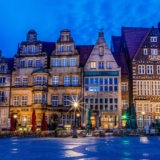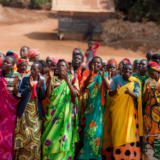Brazilian aboriginals regard names, next to body and soul, as an inherent part of the self. For them, to tell your name means to let yourself (be) known.
Community roots
The naming of a person is a rite of passage used to ascribe social identity. It is a promise of acceptance on behalf of the society accompanied by expectations and dreams for the new member.
In the 19th century, Brazil demanded independence from Portugal creating a new community to which some were eager to assert their allegiance. In order to do so, they renounced their European family names in favor of indigenous words.
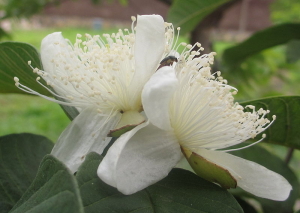
Guava flowers
Most of these names designate natural elements:
- fruits: Pitanga, Muricy, Guaraná
- trees: Mangabaeira, Palmeira, Jatobá
- rivers: Capibaribe (Capibaras’ river), Parahyba (Paraíba do Sul river)
Others pay tribute to indigenous societies:
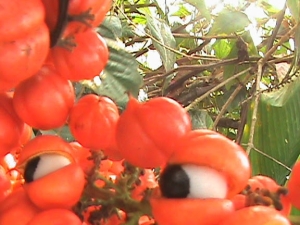
Guaraná
- nations or tribes: Tupinambá, Carijó, Guarany, Tamoyo
- famous Native Brazilian Chiefs: Cayubi, Tibiriçá, Paraguaçu
- places: Pirassununga (snoring fish), Carioca (Rio de Janeiro city)
Many cultures hold the belief that a name can influence the fate of its bearer. Yet, the names above were meant to influence the fate of a whole nation.
Portuguese colonists brought with them a European lifestyle. In order to present themselves as a new community, they had to make use of indigenous elements. Choosing aboriginal words as names was supposed to connect families with the land and entitle them to represent it. Although they were new inhabitants, their roots were going deep into the history of the land.

Rio de Janeiro
State of imagination
Language is perhaps the most prominent element of a culture. Even if we can’t speak a certain language we can recognize it. The musical marker of language is preserved into personal names, but it can also be used to create names which hint a certain culture. The name Ocirema was created this way. It might sound exotic, but it is just Americo reversed.
Today, Brazilians still create new names, but their reasons are different, oriented towards personal narratives. For example, Alextricia, is an interesting, but not unusual, case of name genetics:
 and a pure expression of two people’s loving union.
and a pure expression of two people’s loving union.
Others prefer to give a new twist to some already used names: Maurren (from Maureen), Deivid (from David). There is no particular history associated with these names, they only speak about dreams of renewal and prosperity. Creations as those above are usually present in lower classes and come as a promise for a better life, a distinct destiny.
Authenticity race
Traditional cultures are used as symbols of nations and landmarks in the globalized world. Brazilian indigenous names started to be used after the Independence and have remained in use ever since being considered simply “Brazilian”.
The search for individuality and distinction brings back, from time to time, forgotten cultural elements and who knows, Alextricia might be one of the cool vintage names in the future.
Photo Sources:
- Frevo dancers: https://upload.wikimedia.org/wikipedia/commons/…/Pernambuco%2C_Brazil.jpg
- Guava flower: https://en.wikipedia.org/wiki/File:Guava_flowers_(6700015761).jpg
- Guaraná: https://commons.wikimedia.org/wiki/File:Guaran%C3%A1_03.jpg
- Rio de Janeiro: https://pixabay.com/static/uploads/photo/2015/06/14/23/35/rio-de-janeiro-809756_960_720.jpg

